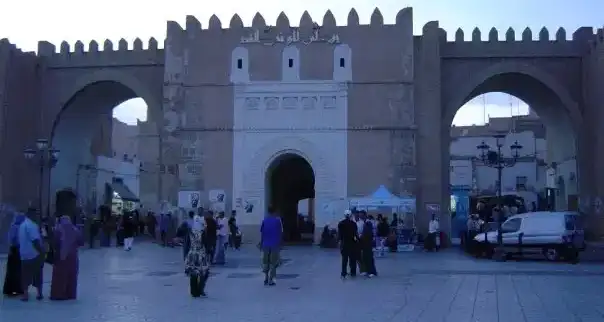Sfax, second city in Tunisia, economic pride, capital of exporters, cradle of businessmen and success stories made in tunisia. Here, the villas grow faster than the trees, the fortunes piling up, the bank accounts are growing. But in the streets … it’s another decor.
The sidewalks? Damaged, nonexistent or squatted by the trash cans. Green spaces? An old memory or an unknown concept. Public transport? The equivalent of a treasure hunt: rare and exhausted.
Recently, it was the Local Utica office that sounded the alarm to say that Sfax has become a poor city for its infrastructure and its urban landscape.
It must be said that Sfax is a paradoxical city. Here, money does exist. But he is elsewhere. Behind the walls of giant villas, at the bottom of the bank accounts, in the showrooms of luxury cars, or in the cozy evenings of private clubs.
How can we explain that a city that houses some of the largest manufacturers, exporters and investors in the country is also poor in public equipment? Simple: in Sfax, wealth is an individual sport. No city spirit, no collective project. Everyone builds its fortress, protects its heritage, is equipped with solar energy, private drilling and state -of -the -art security system. The state? Distant. Local authorities? Invisible. The average citizen? He watches the large displacements pass by spanning the puddles of wastewater.
Sfax has therefore become this caricature of a rich but poor city. A kind of monaco without clean sea, without tourism, without public brilliance. A city that exports everything – except its urban model.
But after all, why worry? Business turns, the fortunes swell, the villas shine. And the city? She is waiting. Or rather, she gets bogged down.
In Sfax, we obviously understood one thing: money does not make happiness … collective.








